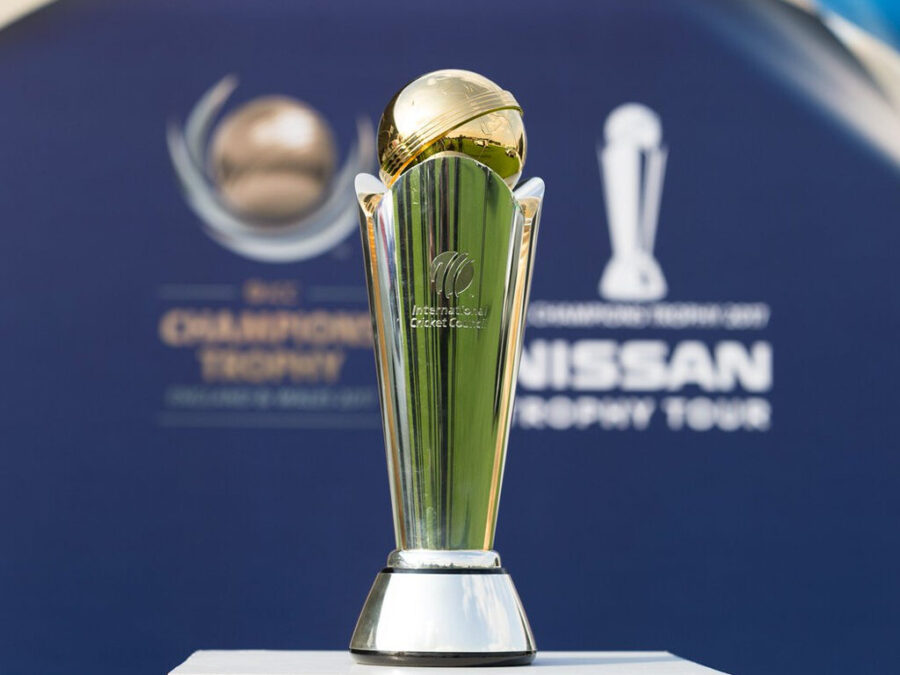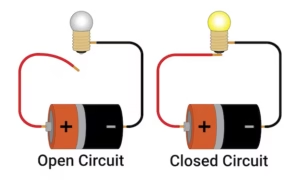Introduction to PCB’s Decision
Pakistan Cricket Board has taken a step of great boldness and introduced a hybrid model in Champions Trophy, according to the latest reports from the Indian media. This means the big cricketing event will have to see a change in how the event is organized forward from here. The Champions Trophy had traditionally been a fixed format affair but adopting the hybrid model may offer more flexibility and adaptability in this contest.
What is a Hybrid Model in Cricket?
Hybrid model, within the cricketing world, is one that allows multiple formats and approaches based on the situation, teams concerned, or logistical needs at hand. For the Champions Trophy, it will likely mean a mixture of group stages as normal, knockout rounds, and potentially even international venues being mixed based on the participating teams’ preferences or circumstances globally at that time.
While the details are still to be revealed, the hybrid model may provide a middle-of-the-road between the traditional single-location tournament and the complex multi-venue formats that were used in other global competitions, such as the ICC World Cup.
Also Read:
Galatasaray Requests TFF Postponement: Latest Updates
Significance of the Champions Trophy for PCB and Cricket
For the PCB and the cricketing world at large, the Champions Trophy holds great importance. For Pakistan, this isn’t just about displaying the cricketing prowess but, also claiming their position in the globe. The PCB’s decision to change the approach is just proof of the board’s seriousness of wanting to remain relevant in this game in a changing cricketing landscape.
This tournament is one of the very few that brings the world’s best teams to test each other in an internationally accepted game for a few days of high-energy excitement. Changing its format, therefore, is no small decision; it’s a gamble with serious ramifications on how future tournaments may be handled.
Indian Media Reports on PCB’s Shift
Indian media houses have been swift to report on PCB’s shift to a hybrid model for the Champions Trophy, which has been seen as a forward-thinking move by the board. Sources close to the board say that this decision was made after careful consideration of the various logistical, financial, and competitive factors that might affect the success of the tournament.
The reports indicate that the PCB has been striving to incorporate some level of excitement and unpredictability into the tournament, thus aligning with an increasing demand for hybridity in modern sport events.
Why Hybrid Model Would Work for PCB
There are several reasons why PCB would benefit immensely from the hybrid model in international tournaments.
Hybrid Model Pros
- Greater flexibility: The hybrid model gives the PCB the option of changing the structure of the tournament according to the global situation, especially the scenario with the COVID-19 pandemic and logistical issues.
- Increased Global Involvement: By having the venues and format changed from time to time, the Champions Trophy may attract more attention across the world, giving fans worldwide a reason to watch, regardless of their location.
- Increased Competition: This format is quite versatile, allowing the competition to be more balanced since the format will depend on the teams involved. Therefore, all teams can have a chance at winning.
Challenges and Concerns
Though the hybrid model has many benefits, there are also potential drawbacks. One of them is over-flexibility, which could cause confusion among teams and fans in trying to follow changing formats. Logistical concerns like travel and coordination might be another problem, especially with the event being held in multiple venues.
Global Reactions to PCB’s Decision
The PCB’s announcement has caused a stir across the cricketing world. Many have praised the board’s creative approach, while others still do not believe that a hybrid model can sustain itself in the long run.
How Other Cricket Boards Are Responding
Other cricket boards, including those of the top cricketing nations such as Australia, India, and England, have been cautiously optimistic about the change. A few boards have welcomed new ideas, while others are looking forward to how the hybrid model would work in real life before fully embracing it.
The International Cricket Council (ICC), which runs the Champions Trophy, has not been heard yet on this subject, but it is felt that they may consider this innovative model for future tournaments.
Effect of the New Model on the Future of the Champions Trophy
Adoption of a hybrid model may change the face of Champions Trophy in the future. It may even serve as a template for other tournaments, such as the ICC World Cup, where flexibility and adaptability may prove to be crucial in overcoming the challenges of global sports.
What This Means for International Cricket
If this hybrid model is successful, then more innovative concepts can be explored in conducting international cricket tournaments. More importantly, the players benefit by having a more vibrant competition format, and more vibrant and unpredictable events can be had for the fans.
Conclusion
The PCB decision to introduce a hybrid model in the conduct of the Champions Trophy was bold in every sense. While the details are unfolding, it is clear that PCB has focused on making this tournament more flexible and adapting to the modern cricket landscape. As the hybrid model is gaining momentum, it will set a new precedent for tournaments and drive innovation and excitement across global cricket.



















